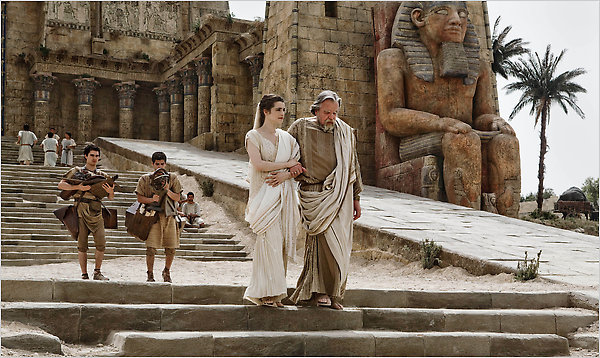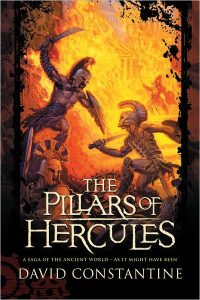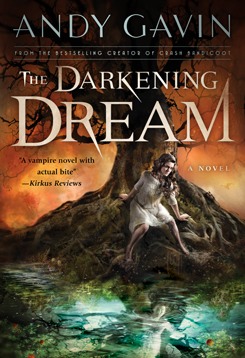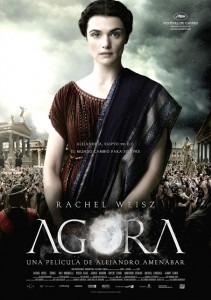 Title: Agora
Title: Agora
Cast: Rachel Weisz (Actor), Max Minghella (Actor), Alejandro Amenábar (Director)
Genre: Historical Drama
Watched: August 31, 2013
Summary: Things haven’t changed
That this movie got made at all is fairly amazing — and in a totally different way and polar opposite from the vacuous crap oft spewing out of Hollywood (Hansel & Gretel I’m looking at you!).
Agora is set during the tumultuous decades at the end of the 4th and early 5th century AD. It centers around the riots in the Egyptian city of Alexandria between various sects and factions. Between government and mob. Between pragmatists and fundamentalists. Sound familiar? It should. The same sort of thing is occurring today, 1600 years later. The period in the film, known as late antiquity, is an important one, because the order of the modern word was forged in these fires. Yet, most people, including a fair sprinkling of my Ivy League friends, know almost nothing about it. The average American would be lucky to know this is the same Alexandria that hosted the affairs of Cleopatra — over 400 years earlier. They might not distinguish these sandal wearers from the spear toting Spartans of 300 — but that battle occurred 900 years before this one! The ancient world is not one moment, but a vast progression of political and social evolution — all informing our own world.
[youtube http://www.youtube.com/watch?v=RbuEhwselE0]Back to 400 AD and Alexandria. The city was a peculiar and important experiment. Founded by Alexander the Great in 331 BC on the shores of the Mediterranean at the Nile delta, it was one of the most cosmopolitan in the world, being the poster child for the very idea of Hellenism and the its questioning and philosophic spirit. Perfect, no, but this is the city that housed the Great Library (which desired to obtain a copy of every work written by man) and taught and nurtured 700 years worth of scholars of all faiths. The Hebrew bible was translated here from Aramaic into Greek.
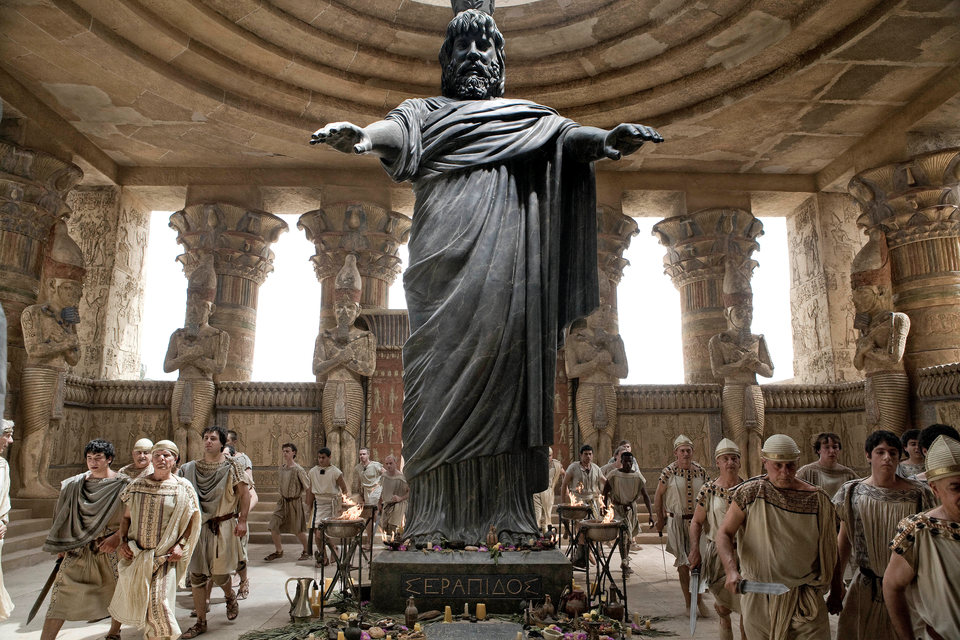
The cult statue of Serapis — like almost all the cult statues, torn down during these unfortunate years
Agora is not a perfect movie by any stretch, but it does an impressive job of bringing to life the grandeur, sadness, and dust of this ancient place. With superb costumes and by combining grand and detailed sets with judicious CG / Model aerial shots it’s one of the best looking depictions of the ancient world I’ve seen. It also does a great job with the substance, if not the detail of the history. The central figure is the female philosopher Hypatia, about whom relatively little is known. Her scientific role is a bit extrapolated, but the political situation is fairly faithful. In just a couple of decades Christianity goes from being a minor (and illegal) cult to the one and only state religion of the aging Roman Empire. It is at the hands of men like Saint Cyril of Alexandria (the villain of the film) that established the theological/political principle of religious intolerance that poisons our world today.
Prior to this, men of all nations did their fair (and more) share of killing, usually over political and economic objectives. But in the polyglot world of antiquity, variation of belief was usually taken as a given, separate and outside the world of pragmatic gain (which generally took precedence).
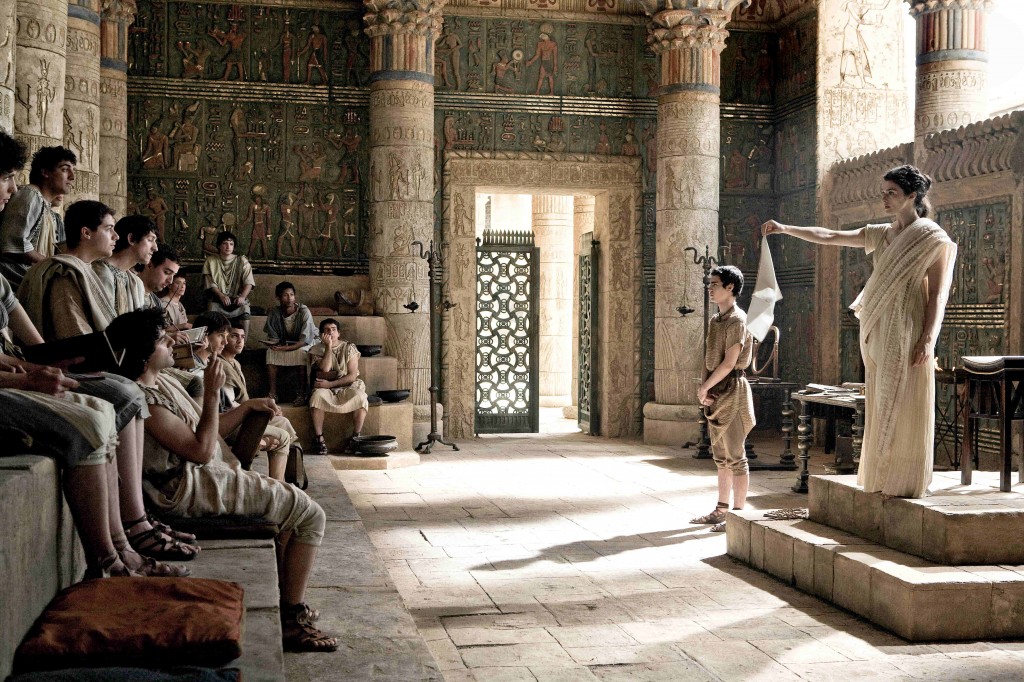
Hypatia teaches philosophy (science and mathematics). She was known for her worlds on conical surfaces.
People constantly ask me (knowing I’m a Roman history buff) “how did Rome fall?” Well, when you watch how Cyril maneuvers the liberal Imperial Prefect Orestes you find one of the answers to this complex question. This moment, which appears roughly fairly faithful to historical sources , is about as brilliant a bit of political manipulation as the world has ever witnessed. Cyril, preaching from his pulpit, reads to assembled politicians from the bible, outlining his fundamentalist agenda, and then segueing into a question of faith, forces his opponents — in front of the mob — to kneel and declare their faith to the book (held aloft by him!). But what are they kneeling to? The power of God or the ambition of man?

